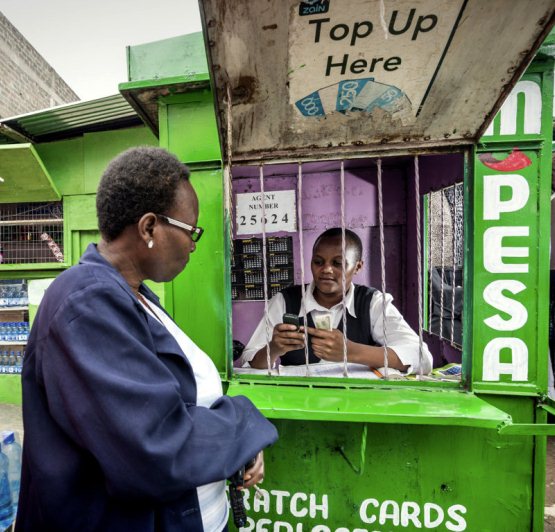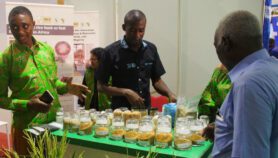Send to a friend
The details you provide on this page will not be used to send unsolicited email, and will not be sold to a 3rd party. See privacy policy.
Remember The Economist’s infamous cover titled “Africa, the Hopeless Continent”, which ran in May 2000?
How the world keeps turning. Fifteen years later, in April this year, The Economist called Africa the pioneering continent, “increasingly innovating for itself”.
This week Skhirat, Morocco, I can see the evidence. The Innovation Prize for Africa (IPA) features cool and creative inventions that solve real-life problems — from a fire detector that alerts neighbours of shack fires in slums to a natural alternative for animal antibiotics based on essential oils.
If a mum tells a child who is starting school that studying hard will result in a job with worldwide travel, we get a globetrotter. If she says the best is a stable job where you don’t have to work hard and you can often be absent, we get a civil servant.
Moulay Hafid Elalamy, Morocco
The jury at the IPA’s fourth awards ceremony, to be held tonight selected ten finalists among 925 applicants from 41 countries. Three winners will receive US$150,000 each to carry their inventions forward.
But the real winner is home-grown innovation. The prize gives technological advancement on the continent a much-needed boost of media exposure, and inventors get the prestige, encouragement and visibility with investors they deserve.
The IPA is a programme funded by the African Innovation Foundation. It was set up by the Swiss-Angolan investor Jean Claude Bastos de Morais in 2009. Bastos wanted to do away with “the old idea that everything from overseas is better”, and build up ecosystems for innovation in Africa.
Morocco alone, which hosts the ceremony this year, displays 25 home-made inventions at the Innovation Market parallel to the IPA. These inventors are refreshingly young and competent — anything but hopeless.
My favourite innovation is a mobile kiosk where citizens can obtain the five most often required legal documents, such as certificates of birth and residence. The kiosk’s simple software is operated by a person from the community, who earns a small fee while the citizens save time, transport costs and money by not having to pay any bribes.
But there remain obstacles. In his opening speech at the event, Moulay Hafid Elalamy, Morocco’s industry and trade minister, said that building an entrepreneurial culture is difficult everywhere, and especially in Africa. He said that innovation requires the ability to break free from the idea that secure state employment is the ultimate goal.
“It starts with schooling,” he told the event. “If a mum tells a child who is starting school that studying hard will result in a job with worldwide travel, we get a globetrotter. If she says the best is a stable job where you don’t have to work hard and you can often be absent, we get a civil servant.”
The award itself also suffers from a flaw, connected to its founder. Previous finalists, who were more advanced in patenting their inventions and developing business plans, used the event to gain funding, clients and international visibility. But younger inventors, which are featuring increasingly, need help to patent their product and set up their business, which is something the IPA does not offer.The reason why the IPA does not do any of this is to avoid any potential conflict of interest with Bastos’s Quantum Global Group investment firm. But there is recognition that the prize must grow in scope in the future.
The IPA’s organisers are presently considering ways to offer innovation support beyond the award ceremony. “Demand is pushing us to do more,” Bastos said.
This is definitely the right way to go. The prize is not the end, but the start of a complex process to manage an invention and maximise its impact. This recognition will hopefully give further impetus to Africa’s innovators.














